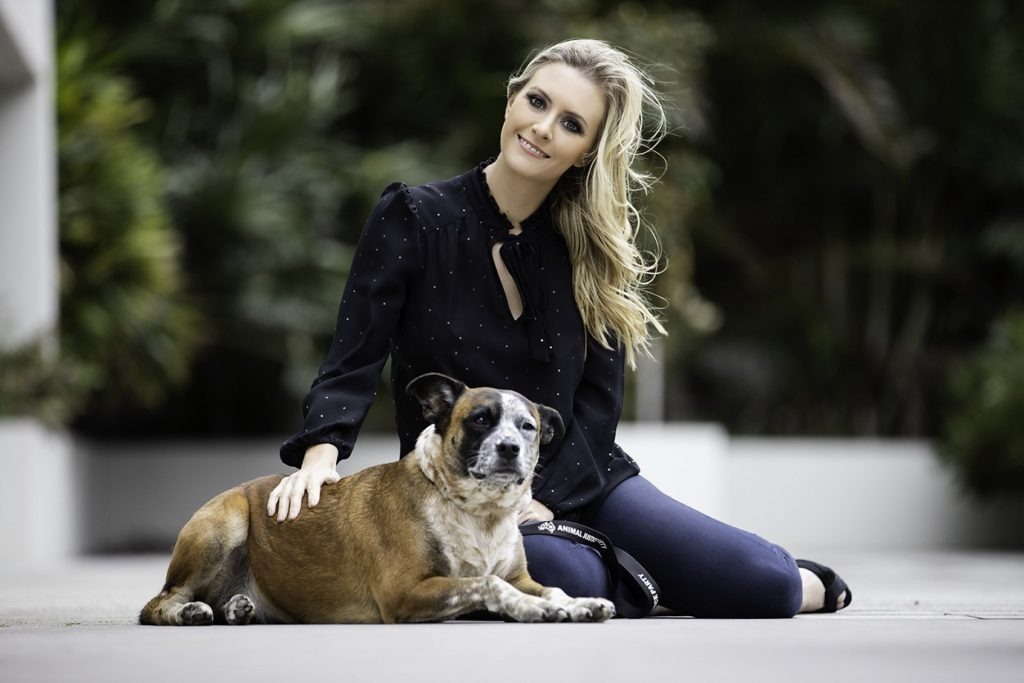You and I know the world needs to change. We need real action on our climate crisis, we need radical change on the way we treat and view animals, and we must continue the fight to overcome sexism, homophobia, xenophobia, racism, and wealth inequality.
It’s never been clearer that to effect the change needed, we need citizen lobbyists to think big, to stand up and speak out, and to drive change campaigns in our society. The change this world needs starts with you.
While that may sound overwhelming, I have seen individuals of all ages and backgrounds driving change and mobilising others. We all have the power to change things, we just need the tools to help us get started.
Over the past 20 years, I have seen effective campaign strategies alter behaviours, influence major business decisions and change laws. Throughout my time as a Member of Parliament, representing the Animal Justice Party in the Upper House of New South Wales, I have learned a lot about what it takes to make real, sustainable change a reality.
Here are some of the most important lessons I’ve gathered along the way.
Know exactly what you are asking for, and ask for it
Know what you want by starting at the end. By this I mean having a clear vision for what it is you want to change, and what it would look like if it happened. Once you know your end goal, you will know which decision-makers you need to influence.
When you meet with a decision-maker, make sure you ask them to do something. This might sound obvious, but you’ll be surprised how many people come to my office to discuss an issue and then leave without asking for any action. Without a specific request, there is little I can do to help you to progress your issue.
Engage multiple perspectives
Wherever you might be arguing your case, from the local school hall to Parliament House, come armed with multiple perspectives. It is fine to use your own perspective, but your argument will be a lot stronger and well-rounded if you can prove that you’ve taken the time to investigate how the wider community feels about the issue.
Prepare for counter arguments
The best way to deal with opposition is to always have answers ready for anticipated questions or arguments. That way, you’ll appear cool, calm and collected while deftly minimising your opponents’ arguments in one fell swoop.
It can often help to create an ‘us vs them’ document, writing down the arguments your opponent is likely to make, and pre-prepare your counter argument for driving home the truth.
Use the news cycle to your advantage
By building on relevant and timely stories in the media and linking them to much needed change, you can get community support and create political pressure.
Recently, every time there has been a court case where a horrific act of animal cruelty received a pathetic fine, our team reached out and spoke with media and highlighted that this wouldn’t be happening if the Minister for Agriculture was doing his job properly, by passing legislation to increase penalties for animal abuse.
As a result, the community has become outraged by the Minister’s lack of action and have recognised the urgency for legislative change. By highlighting these current cases to the media and the public, we can keep this issue front of mind and continue to build pressure to have penalties increased for those convicted of animal abuse.
Who frames it, wins
Recognise the way your opponent frames their message and never use it even as a counterargument. Those working against change will take the person, animal, or catastrophe out of the message and find ways to dehumanise the issue. Examples of this include, ‘stop the boats’ instead of ‘people seeking asylum’ or ‘conventional cage systems’ versus ‘battery caged hens’
Always keep the subject front and centre in your messaging and focus on the outcome you’d like to achieve.
Don’t give up before the magic happens
Pushing for real change is not a ‘one and done’ situation. It involves continued pressure over the course of months, years, or even decades. Don’t be disheartened. By keeping the pressure for an extended period, you’ll gather more voices to join you and tell the world about your cause.
Major change usually happens just when you think the situation is hopeless.
Trust the process and avoid burnout
As a former psychologist I am often asked how to cope with the stress of campaigning. I use Cognitive Behavioural Therapy to reassess and change the way I think about certain situations. If you are feeling close to burnout, engage a specialist in CBT who can help you challenge any unhelpful thoughts and build your resilience.
Remember change is happening. Society has and will continue to progress. The values that we fight for; kindness, non-violence, and freedom, are values that history has shown will always win.


